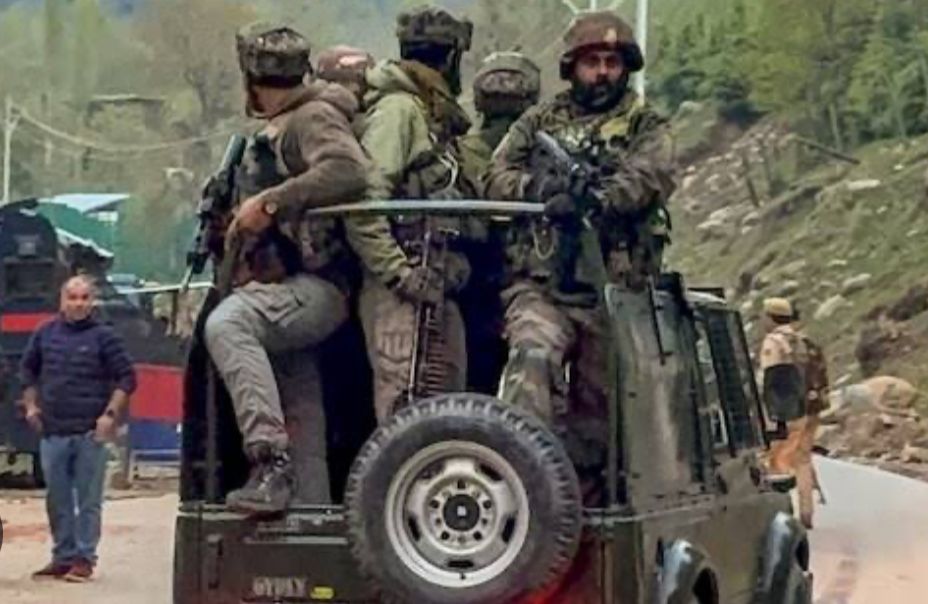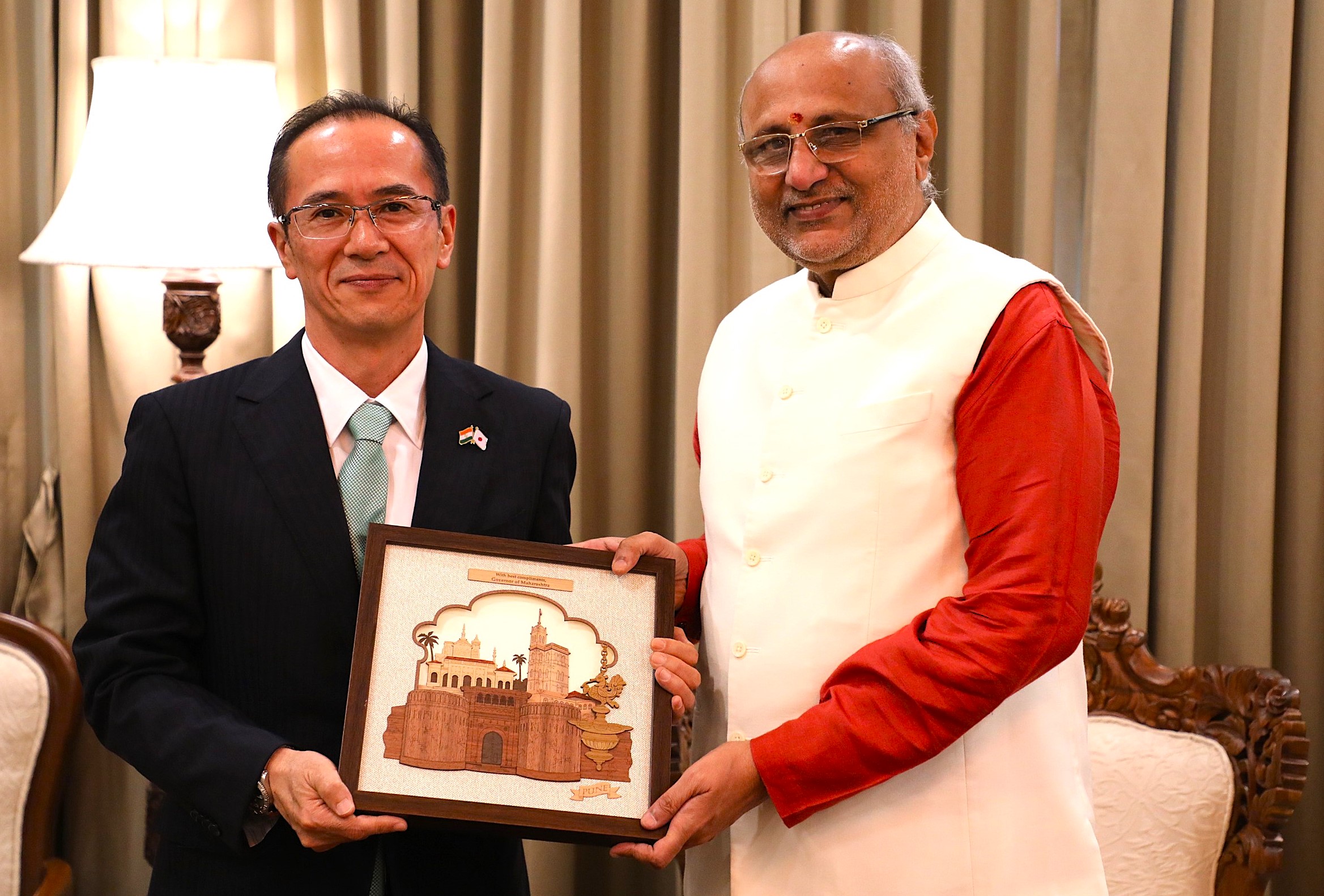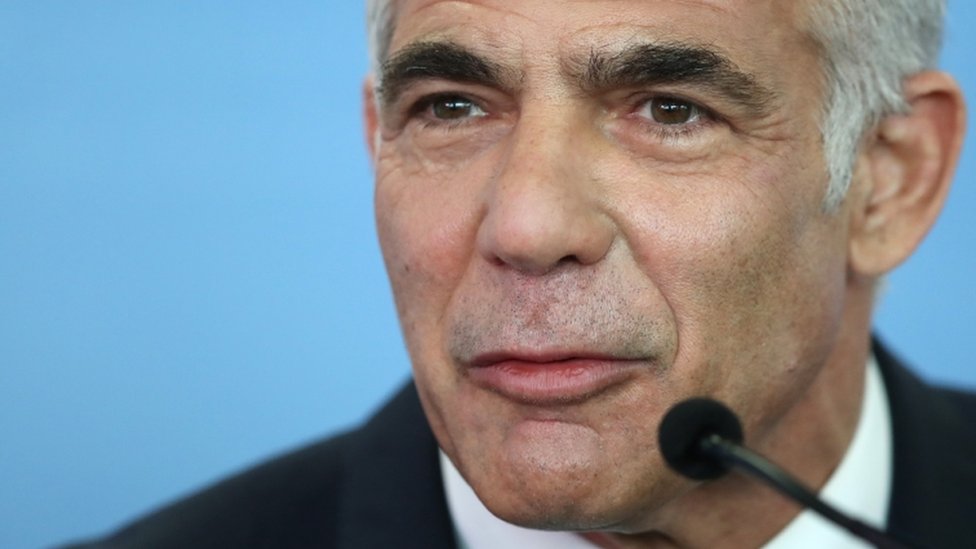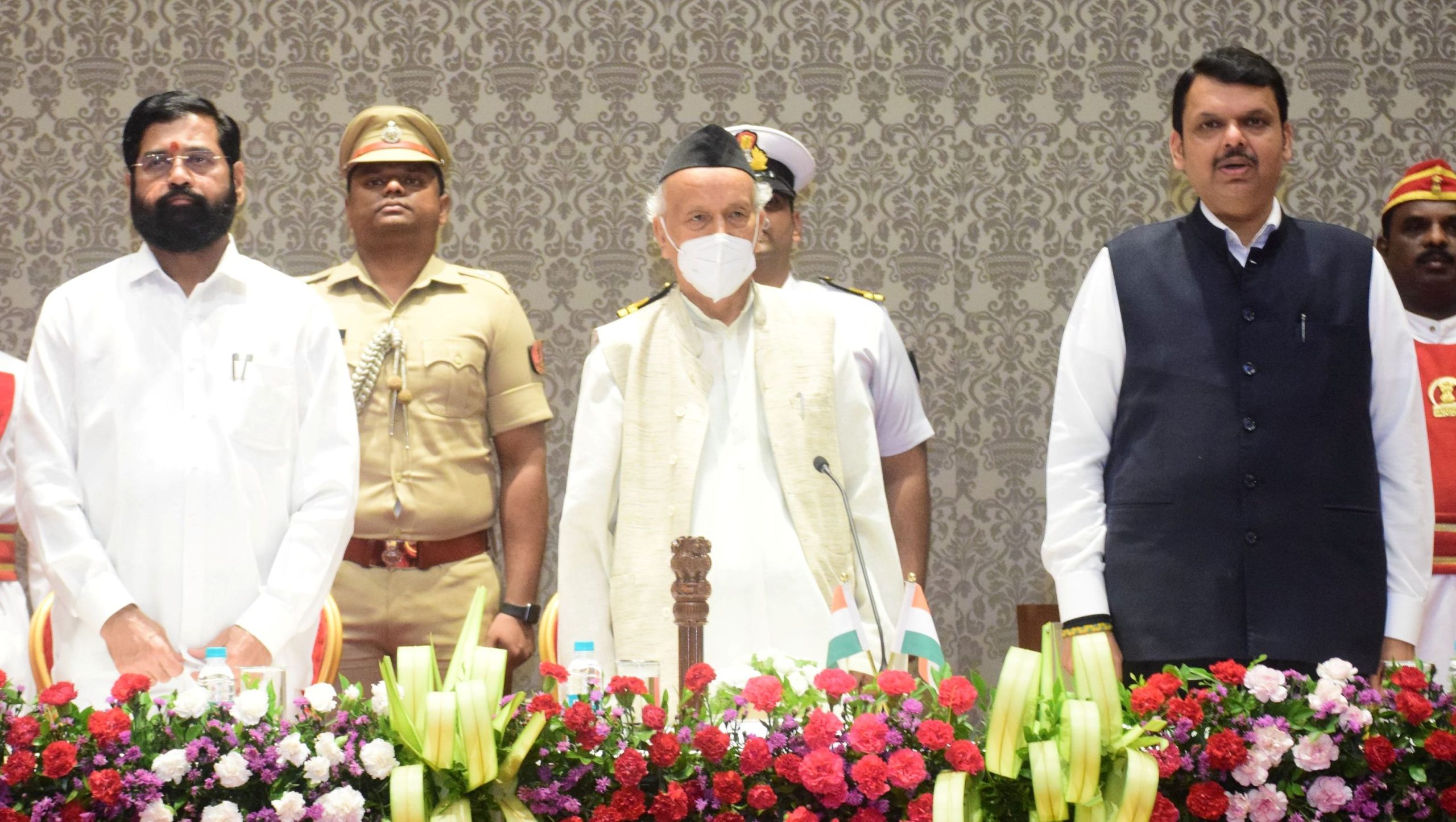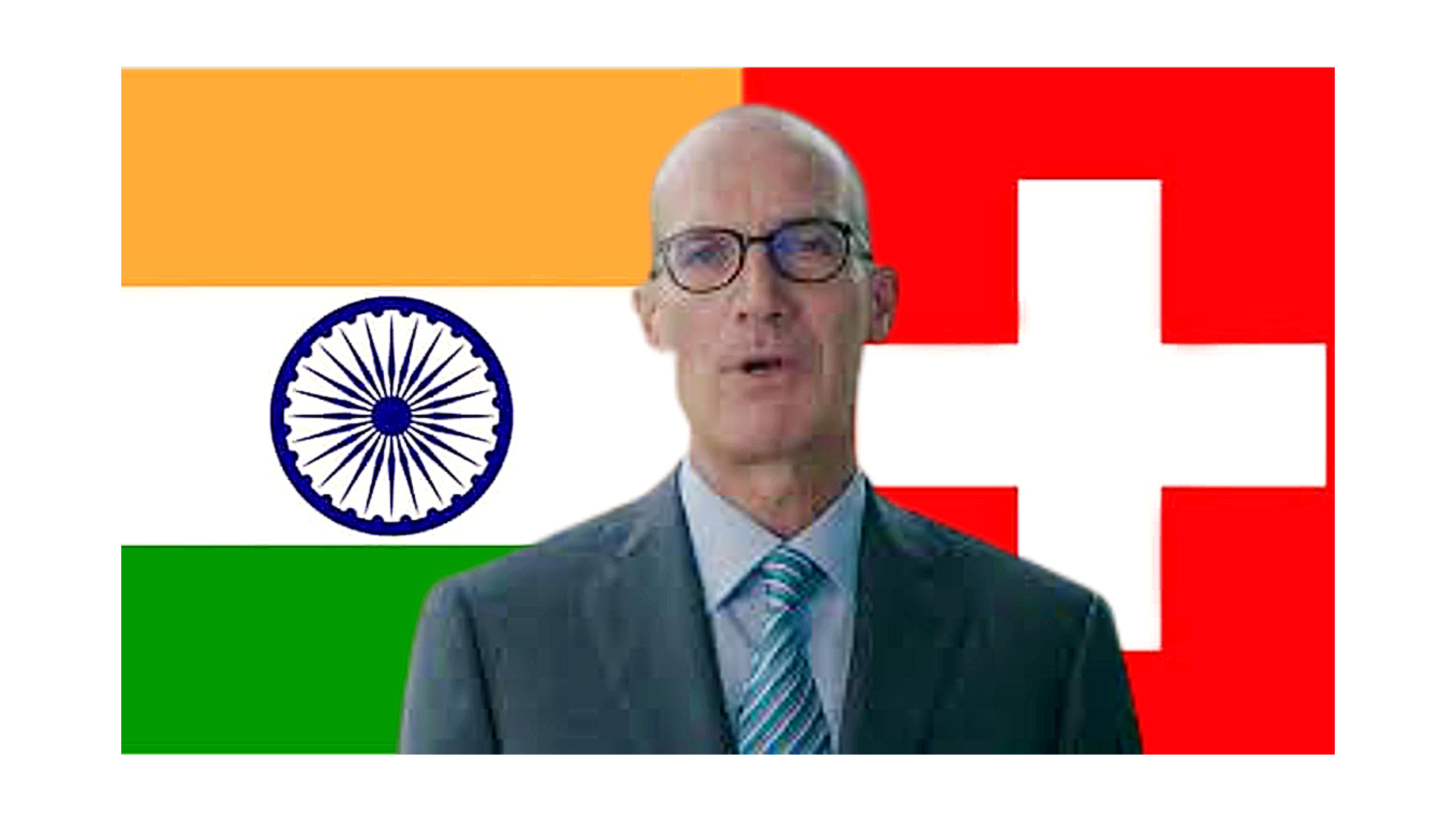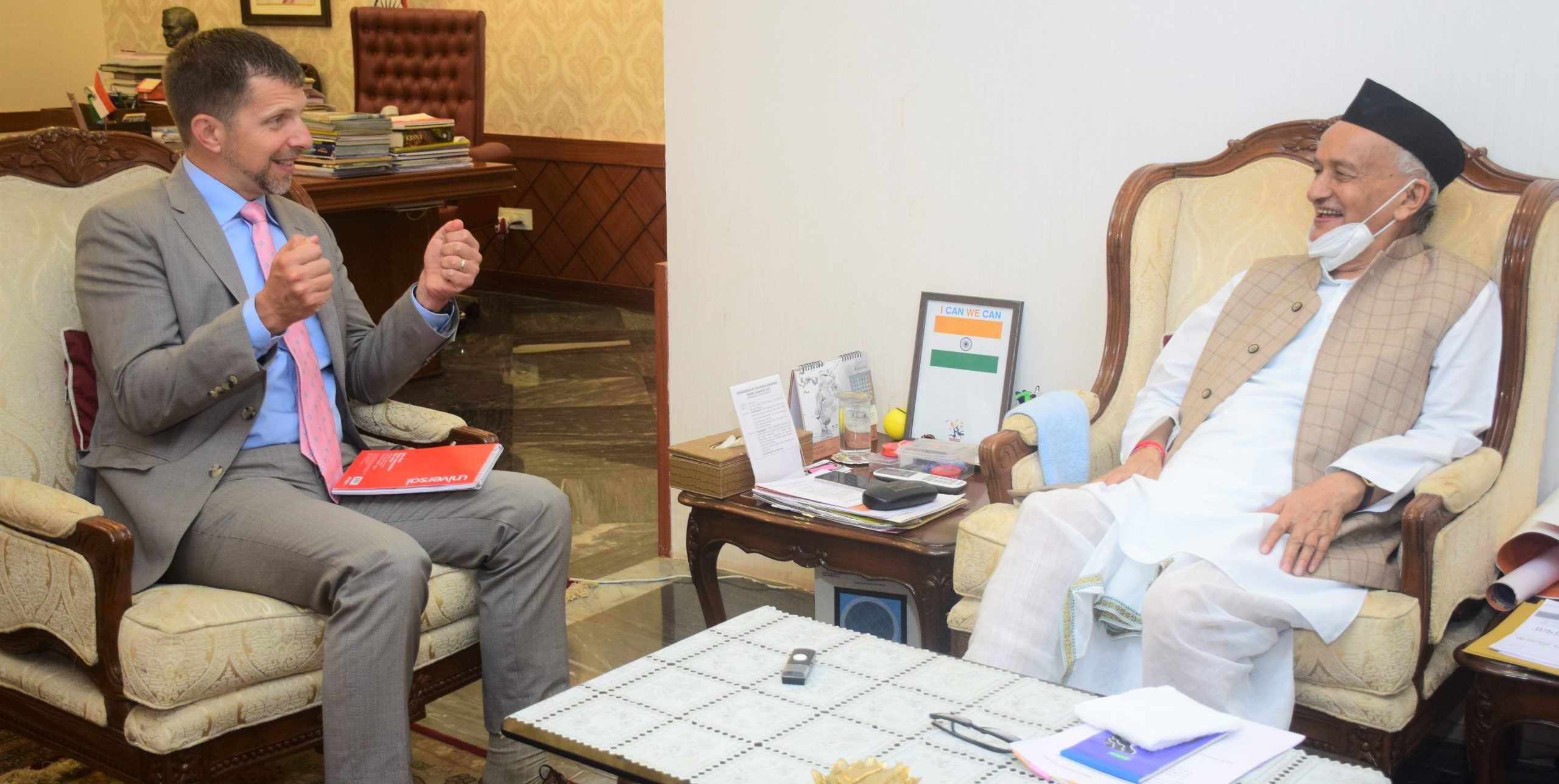On April 22, 2025, a devastating terrorist attack unfolded in the Baisaran meadow near Pahalgam, Jammu and Kashmir. Militants affiliated with The Resistance Front (TRF), an offshoot of the Pakistan-based Lashkar-e-Taiba, opened fire on a group of tourists, resulting in the tragic loss of at least 28 lives and injuring over 20 others. This heinous act, targeting civilians in a region known for its natural beauty and hospitality, has not only shocked the nation but also drawn widespread international condemnation and solidarity with India.
The Attack: A Grim Day in Kashmir
The attack occurred around 2:30 PM when four to six armed militants, reportedly in military-style uniforms, ambushed tourists enjoying the picturesque meadow. Eyewitnesses recounted the horror as gunmen fired indiscriminately at close range, targeting individuals engaged in leisure activities such as pony rides and picnics. Survivors reported that the attackers initially posed as policemen, asking for names before suddenly opening fire, targeting men while sparing most women. Witness accounts suggested the assailants singled out non-Muslims, asking victims to recite the kalma and checking for circumcision. Those who failed were shot. The assailants then fled into the surrounding forest, prompting a massive manhunt by Indian security forces. A group identifying itself as “Kashmir Resistance” claimed responsibility, citing opposition to demographic changes in the region due to the settlement of outsiders.
India’s Response: A Nation United Against Terror
Prime Minister Narendra Modi, who was on an official visit to Saudi Arabia at the time, condemned the attack in the strongest terms. He expressed deep sorrow for the victims and assured the nation that those responsible would face justice. Modi cut short his visit to return to India, underscoring the gravity of the situation.
Union Home Minister Amit Shah also expressed his condolences and emphasized the government’s commitment to combating terrorism. He traveled to Srinagar to oversee the situation and coordinate the response efforts.
Global Condemnation and Support
The international community swiftly responded, expressing solidarity with India and condemning the attack.
United States: A Firm Ally
President Donald Trump condemned the attack, describing it as a “heinous act of terror” and expressed solidarity with India. He emphasized the need for a united global front against terrorism.
Vice President JD Vance, who was on a visit to India, expressed his condolences, saying, “Usha and I extend our condolences to the victims of the devastating terrorist attack in Pahalgam, India. Our thoughts and prayers are with them as they mourn this horrific attack.”
Russia: Condemning the Brutal Crime
President Vladimir Putin conveyed his condolences, stating that Russia stands with India in these challenging times and supports efforts to combat terrorism.
European Union: Standing in Solidarity
European Commission President Ursula von der Leyen expressed her condolences, stating, “The vile terror attack in Pahalgam today stole so many innocent lives. My deepest condolences to Narendra Modi and every Indian heart grieving today. Yet I know that India’s spirit is unbreakable. You will stand strong in this ordeal. And Europe will stand with you.”
United Nations: Unacceptable Violence
UN Secretary-General António Guterres strongly condemned the attack, emphasizing that attacks against civilians are unacceptable under any circumstances.
Other Nations: Expressing Support
Leaders from various countries, including Italy, Israel, Ukraine, Sri Lanka, and the United Arab Emirates, also condemned the attack and expressed solidarity with India. They extended condolences to the victims’ families and reiterated their commitment to fighting terrorism.
The Broader Context: Kashmir’s Ongoing Struggles
The Pahalgam attack is a stark reminder of the persistent challenges in Jammu and Kashmir. Despite efforts to promote tourism and portray normalcy, the region remains vulnerable to militant activities. The attack underscores the need for continued vigilance and comprehensive strategies to address the root causes of unrest.
Conclusion: A Call for Unity and Resilience
The Pahalgam tragedy has united India and the international community in grief and determination. As the nation mourns the loss of innocent lives, there is a renewed resolve to combat terrorism and uphold the values of peace and unity. The global outpouring of support serves as a testament to the shared commitment to eradicating terrorism and fostering a safer world for all.

Surjitt Sahani

